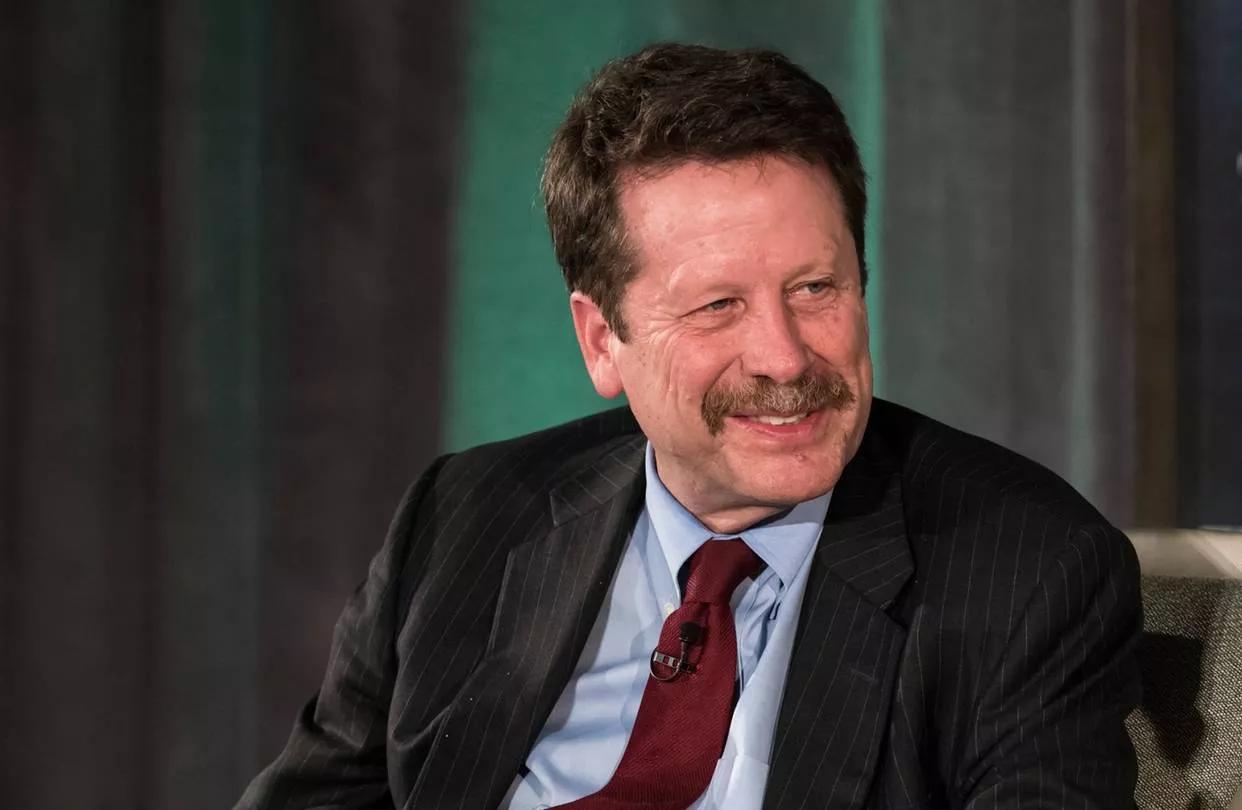A Fresh Start with a Mission – Robert Califf, M.D.

After concluding what has been an amazing experience as FDA Commissioner, I’m excited to turn to a new career with Verily and Duke University. Although we are in the midst of an explosion of capability in the worlds of computing and information, we are still learning how to translate this capacity into better health and healthcare. Bridging this gap has been a recurring theme of my career, and it’s at the heart of what I hope to accomplish at both institutions. I’ll readily admit that I’ve chosen an ambitious problem to tackle, but I hope I can do my part.
The potential for information technology to accelerate learning and improve patient care has fascinated me from early in my professional life. As a medical student, I was fortunate to work with visionary mentors led by the legendary Dr. Eugene Stead, whose prescient and audacious ideas about the role of computers in medicine would change how we approach patient care and research. By building a database that integrated data collection with clinical care and following cardiovascular patients for life, they enabled rapid learning about how to provide quality care for patients with heart disease. At the same time, a global cardiovascular collaboration allowed new therapies to be systematically evaluated and the resulting knowledge cycled back to local quality systems. At the time, technological shortcomings and the culture of medicine limited the reach and uptake of this work. Four decades later, technology has progressed enormously, but cultural and educational divides have proven more stubborn!
In 2004, I met a creative entrepreneur named Andy Conrad. Despite our differences—he’s a Californian with a PhD in cell biology who surfs and I’m a South Carolinian golfer with an MD—we found common ground in a vision that there had to be a way to translate the astonishing technology and communication capabilities that were transforming other industries to the arena of healthcare. These early discussions led to my involvement with Project Baseline, an innovative program designed to leverage existing tools and build new technologies to create a data-driven understanding of health and disease. Although my own work on Baseline stopped when I left to serve at FDA, others continued to advance those promising ideas.
While I was off leading and learning from the FDA workforce, Andy launched Verily to achieve the goals we talked about, raised capital to provide the runway, and assembled tremendous talent to make it happen. Now, as part of the Verily team, I’m hoping to offer insights that will allow the company to better tailor its technologies to meet the needs of doctors, other providers, health systems and the patients they serve, and to drive evidence-based approaches that will enable continuous learning and improvement.
Given my longstanding interest in applying technological solutions to improve healthcare, Verily’s ongoing work was naturally intensely interesting. But because I believe that the primary problem facing the healthcare enterprise is cultural, it also seemed appropriate that I keep one foot planted in a university-based integrated health system. While I was considering different options, Duke University offered me a dream job to match the Verily component. At Duke, I will work to leverage the actionable data science produced by its deep bench of quantitative talent and clinical and operational experts to improve health and healthcare. My goal is not to build a new structure, but to work with consortia across the University and its health system and engage with external partners around the country to advance this mission. To that end, I will continue my work with the Duke Clinical Research Institute and will also have an appointment as an Adjunct Professor of Medicine in the Department of Medicine at Stanford University.
This work will not be easy. And while I’m excited about what Verily brings to this undertaking, widespread engagement with these issues across the entire biomedical ecosystem is needed as well. My hope is that Silicon Valley and entrepreneurs nationwide will collaborate on building an environment capable of linking the more than 300 million people in the U.S. to information that helps them live healthy, productive lives. Within this broad mission, I’m particularly focused on bridging a growing divide that has led to unprecedented health disparities as functions of income, education, race, and geography. But as increasingly ubiquitous smartphones and other electronic devices allow more and more people to access amazing sources of information and knowledge, we have the essential means to reverse these trends.
Both giant information companies and our country’s universities—particularly those with large health systems—have critical roles to play in ensuring that all Americans, and ultimately the entire world, benefit from new knowledge and technological capabilities. Generating and analyzing information are not enough—we must overcome barriers to using data to improve health and healthcare. I have no illusion that I have the solutions to these problems, but I am grateful for the opportunity to work with a company and a university that are letting me give it a shot!
Posted by Robert Califf, M.D.